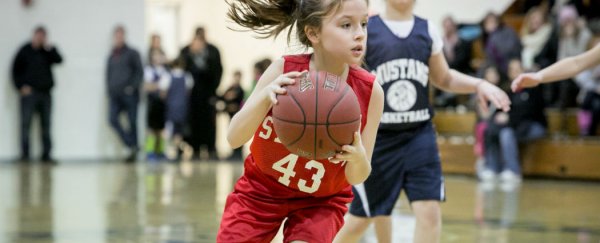It's something that gets drummed into most of us from an early age: keep practising at a skill (whether it's piano lessons or French verbs) and you'll eventually get better at it. But a new study has found a distinction between the part of the brain that determines our natural talent and the part of the brain affected by persistent training, and these don't always sync up.
The study involved getting 15 young adults to undergo six weeks of basic musical training in piano, something that none of them had much experience in before. The researchers found that certain parts of the brain were indeed affected by the regular practice, but other brain structures were influencing how well the participants performed, irrespective of how much tinkling of the ivories they were doing.
"Predisposition plays an important role for auditory-motor learning that can be clearly distinguished from training-induced plasticity," one of the team, Robert Zatorre, a cognitive neuroscientist from McGill University in Canada, said in a press release. "Our findings pertain to the debate about the relative influence of 'nature or nurture', but also have potential practical relevance for medicine and education."
The researchers found an area of the brain that indicated ahead of the practice sessions how quickly or how slowly a particular young person would learn. The fact that it takes more than practice to achieve a goal isn't a new concept - otherwise we'd all be virtuoso guitarists or professional football players - but the study gives scientists a better understanding of how much our skills depend on innate ability (nature) and how much they depend on training (nurture).
"Skill learning results in changes to brain function, but at the same time individuals strongly differ in their abilities to learn specific skills," explains the study, which has been published in Cerebral Cortex. Those behind the report are hoping it can help both doctors and teachers alike create customised programs to match the existing predispositions of a patient in a hospital or a student in a classroom.
Unfortunately, the findings won't get you out of piano practice, but they could give you a good excuse for why you're progressing more slowly than the other students in your class. The team now wants to see further studies on the issue of how our predisposition to learning is influenced by both the genes we're born with and the previous experiences we've been through.
